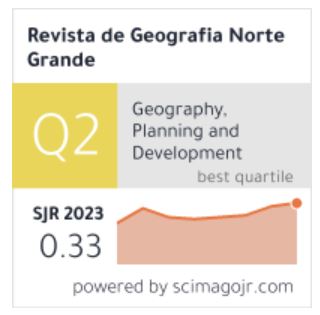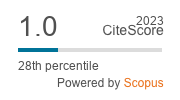Tierras secas e identidad. Una aproximación cultural a las prácticas de subsistencia de las comunidades campesinas del semiárido: Provincia de Elqui, Chile.
DOI:
https://doi.org/10.4067/S0718-34022011000300004Keywords:
Rainfed areas, nature/culture, adaptation, north of Chile, transhumanceAbstract
Social practices in arid lands have been normally addressed by how environmental conditions may shrink human survival in these territories. We present a new approach to understand adaptation activities in arid and semi-arid lands. We seek to identify the identitarian dynamics that underlie natural resources access in a smallholder's community located in the semi-arid Province of Elqui, northern Chile and how these dynamics build specifics nature/culture relationships. Social and biophysical dimensions were articulated through the reconstruction of local and natural history, which were understood as interconnected factors, manifested in pasts and presents strategies of environmental appropriation. This scenario allows the configuration of an extremely well adapted socio-cultural system to local environmental conditions.






